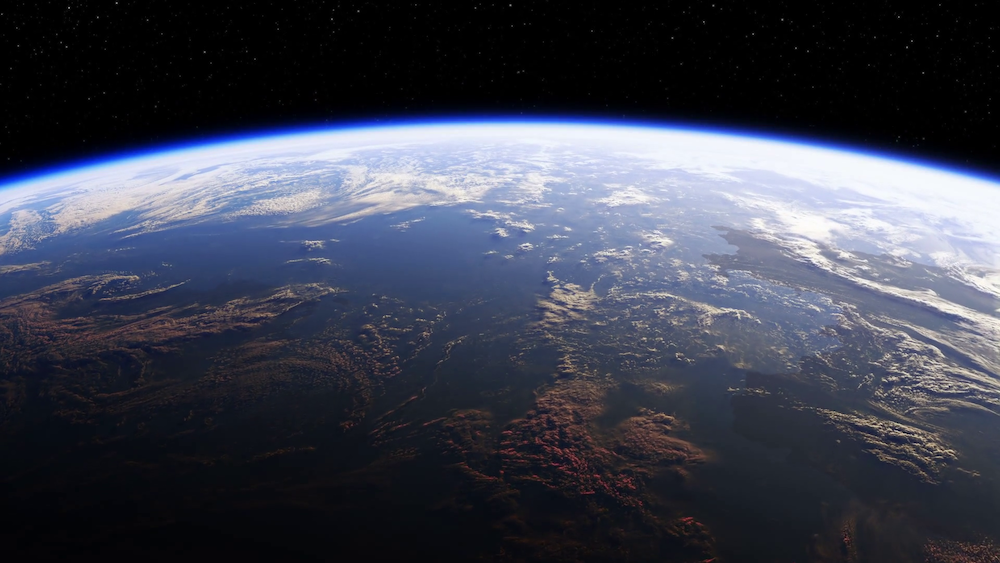Earth Day has become a political Rorschach test. Whether the mention of this day summons images of pagans dancing naked around a flowery meadow or kids cleaning up plastic around the school yard depends on which way someone leans in the U.S.’s bipolar political system. For some, the fact that it usually comes about a week after the IRS’s filing deadline is just a reminder that the environment is another tool that the man is trying to use to get into our pockets.
Login to read more
Sign in or create a free account to access Subscriber-only content.
Topics:
